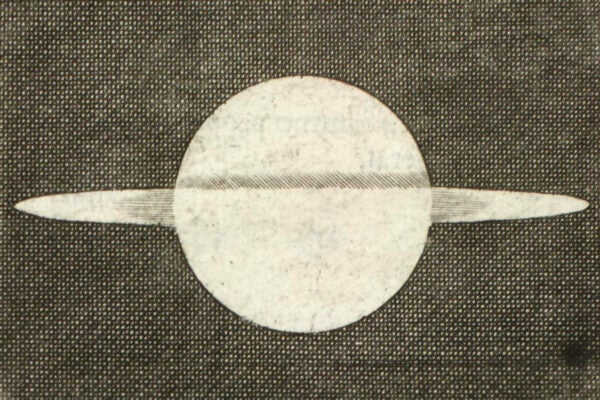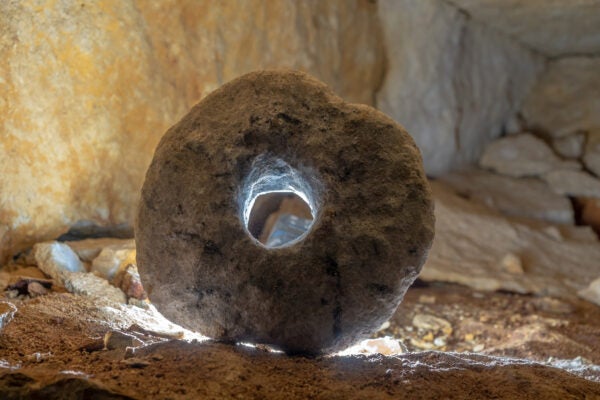There’s one piece of the plastic pollution puzzle that hasn’t gotten quite as much media attention as plastic rocks or the plastic island floating in the ocean. One of the largest contributors to plastic waste? Cigarette butts.
Despite a global reduction in smoking, cigarette waste remains a huge problem. According to one article by researcher Richard Barnes, in 2010 people worldwide smoked five trillion cigarettes. While the majority of the cigarette is burned, the plastic filter, contaminated with tobacco, formalin, and other chemicals, is left behind. Butts present a particular disposal problem since, unlike a lot of trash, they are disposed wherever a smoker happens to be. Cigarette butts can enter the environment literally from anywhere, and, according to Barnes, traditional approaches to litter prevention do not seem to have any effect on cigarette waste.
Of course, it’s not all the smokers’ faults. According to a BMJ article by scholars Elizabeth Smith and Patricia McDaniel, the tobacco industry has been aware of the issue for years. Manufacturers, concerned that the litter problem might lead to greater regulation of cigarettes, have sponsored various anti-litter campaigns. For a while, tobacco manufacturers mailed smokers individual ashtrays as a means to reduce litter. (A more effective tactic was to sponsor ashtrays in public locations.) One of the more cynical approaches was to try and push back against indoor air quality rules, on the grounds that forcing smokers outside contributed to the litter problem.
So what does work? One innovative idea that never actually went into practice was modeled on highly successful bottle deposit laws. A Maine proposal would have placed a surcharge on cigarettes, refundable when a pack’s worth of butts was returned for proper disposal. The idea never got off the ground due to handling concerns.
Get Our Newsletter
Then there is the filter itself. As Smith and McDaniel noted, cigarette filters don’t actually make smoking any healthier, so they introduce waste for no real purpose. No one has officially tried banning filters, but doing so would certainly reduce cigarette waste. Barring that, Smith and McDaniel suggest reframing cigarettes into a general environmental cost problem—talking in terms of waste, rather than litter. Studies show that consumers are receptive to reducing the overall impact of a product where appealing to their behavior may fail.
Most effective of all, though, are tactics to reduce smoking. In many areas, taxes on cigarettes have directly correlated with reduction in purchases. And fewer cigarettes means fewer butts.







